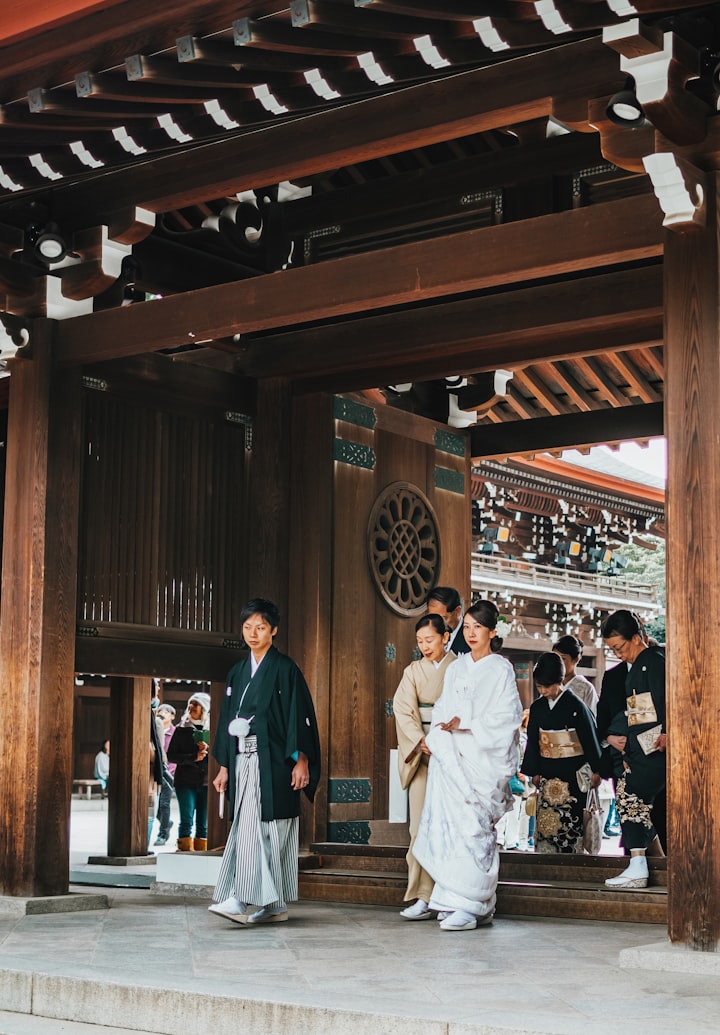How to Have a Polite Conversation with a Japanese Person
For Courteous and Respectful Dialogue in Japan
If you happen to be a foreigner residing in Japan or expect to visit this country soon, you will often need to converse with locals in the course of your daily activities. However, as you may have noticed, the art of conversation in this nation would probably be somewhat different from the way that you would converse in your native country. The suggestions provided below will help you to keep a conversation flowing with a Japanese person in line with local culture and customs.
Employ ‘aizuchi’
When engaging in a conversation in Japan, it is vital to provide ‘aizuchi’ or audible verbal responses – in other words, gentle grunts or polite noises – to indicate that you comprehend what is being said and are listening attentively to the speaker. This is particularly important when speaking with a Japanese person on the phone. In this regard, women will typically use a harmonious ‘hmm’ or a soft long ‘hai’ meaning ‘yes’ when it comes to aizuchi. Various small phrases may also be used for this purpose.
Pay heed to sentence endings
Interestingly, in the Japanese language, negatives happen to be placed after a sentence. Therefore, unless you listen to the entire sentence from start to finish, you may not understand what is being said correctly. Accordingly, if you happen to miss the final words of a sentence, it would be a good idea to repeat the concluding word and pause just where a possible negative would come.
Exercise patience
As you might have gathered, the Japanese sometimes have a penchant for rather long-winded elaborate discussions. Even though a person may speak for a long time, you should take care not to cut them short as this would be construed as a sign of disrespect. Accordingly, you should try to remain patient and hear the person out, or as a last resort, excuse yourself by saying that you need to use the restroom!
Be convincing
When you answer questions in Japanese, it is not really adequate to say simply 'Yes' or 'No', as this will sound rather unconvincing and mechanical. It is better to say ‘Yes, I like it’ or ‘Yes, that’s right’. Similarly to answer negatively, you may say ‘No, unfortunately’ or ‘No, not yet’. In the same way, when thanking a person, you may add emphasis by providing an emotional statement like ‘I’m so pleased’ or ‘It looks delicious’.
Use paraphrasing to acknowledge
When it comes to communication in Japan, it is important to demonstrate confirmation. For instance, in a business meeting, after a speaker has concluded a presentation or statement, it is appropriate to acknowledge the speaker by paraphrasing what has been said. This should be done before shifting the discussion to another topic or disagreeing with the speaker; in this way, you could avoid showing a lack of interest or respect.
State the obvious
In Japan, it is very normal to state the obvious in the course of casual conversation. In this way, the locals indicate that they are not over-assuming and also provide opportunities for the other party to explain or clarify what is stated. Additionally, the respondent may proffer as much or as little information as desired. When it comes to accommodation from which you could experience the local culture and engage in conversation with the Japanese, consider the properties of Travelodge Hotels Asia where you could stay during your vacations in Asia.
Avoid very personal questions
The Japanese are known for their dislike of revealing shortcomings and sharing personal information with strangers or casual acquaintances. Accordingly, you should not offer direct personal questions that require specific answers; instead, it would be better to frame questions in a more general way so that the other party wouldn’t be uncomfortable and could answer your query without hesitation.






Comments (1)
It seems like you have met Japanese people. Thank you!